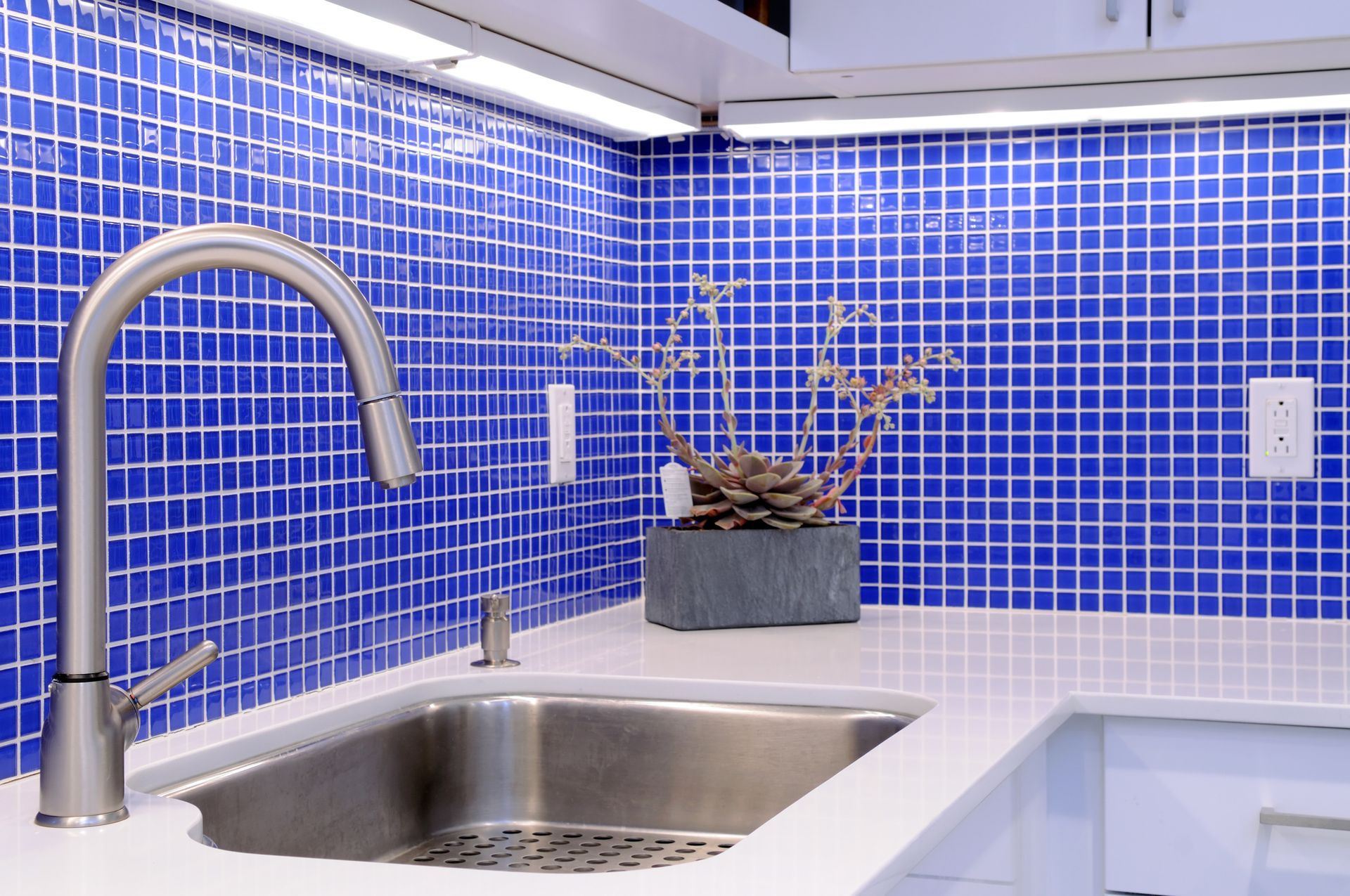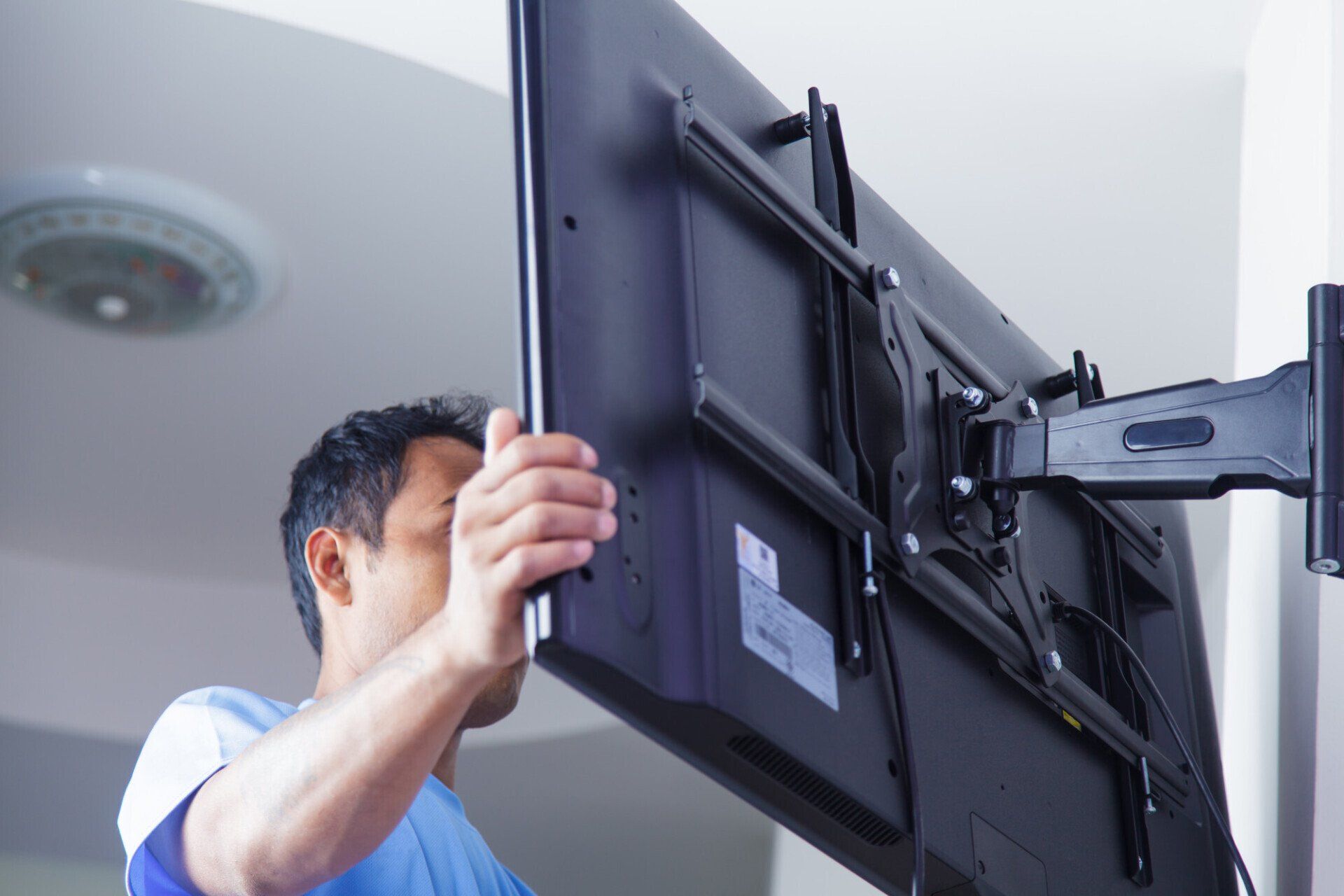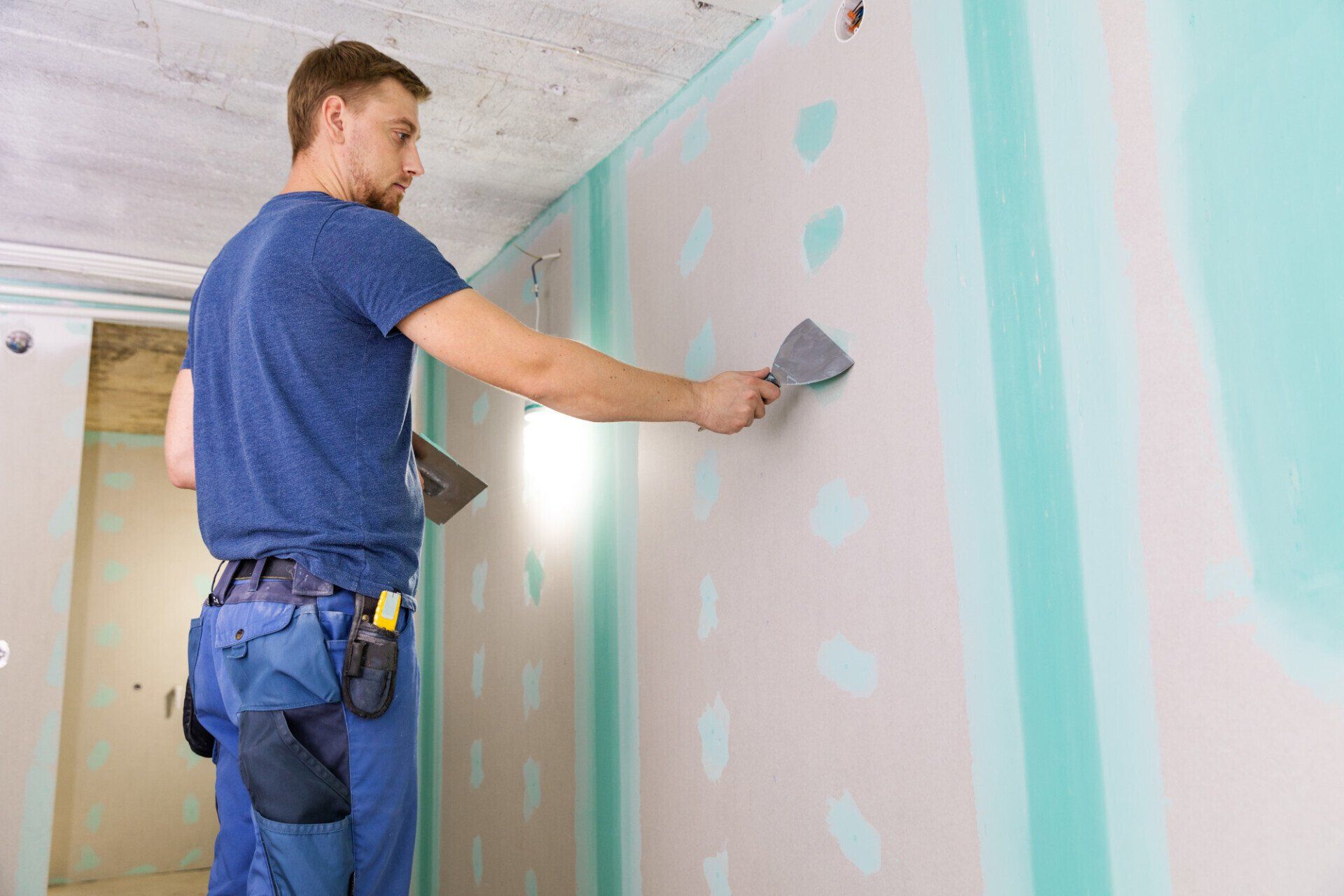Garbage Disposal Maintenance Every Homeowner Needs to Know
Garbage disposals are an excellent way to reduce kitchen odor while decreasing trash in landfills. Read about garbage disposal maintenance here.
The average person living in the United States wastes just under a pound of food per year. If you're like others, you likely put most of your food waste down your garbage disposal.
Over time, your garbage disposal may start to break down if you don't maintain it. And, most people don't.
We often wait until things go wrong to get work done on our garbage disposal. But, garbage disposal maintenance can prevent these problems and save us money.
To learn more about garbage disposal preventative maintenance, keep reading.
How to Maintain a Garbage Disposal
Before you start any kind of garbage disposal repair or maintenance, you should turn it off. You should also alert others in your household that you're working on the garbage disposal. Turning on the disposal could be detrimental to you and your disposal.
Once you're sure that the disposal won't come on while you're working on it, you can start with your garbage disposal preventative maintenance.
Use Your Garbage Disposal Often
You may think that overuse would break down your garbage disposal, but this isn't the case. Running your garbage disposal every day can improve the condition of your disposal, especially its blades.
Running cold water with the disposal on can keep the blades rust-free. You can also use the disposal to break up the ice.
Some experts recommend running the disposal at least once every single day. Although, you should shoot for running it at least once every few days if every day seems like too much.
Consider What You Put Into the Garbage Disposal
No matter how strong your garbage disposal may be, you should be careful what you're putting into it.
Some substances can damage the blades, while others can cause clogs. Here are some common things to avoid putting into your garbage disposal:
- Coffee grounds
- Eggshells
- Banana skins
- Fat
- Broccoli
- Celery stalks
- Corn husks
- Potato peels
- Meat bones
You should also avoid using harsh chemicals when you're cleaning your disposal. Not only can these chemicals be spit out of the disposal when it's running. These chemicals can also damage the materials inside your garbage disposal.
We recommend snaking your drain about every two years unless it's needed more often. Snaking the drain is a better, less destructive way to clear clogs from your garbage disposal.
When in doubt, call a garbage disposal expert to help you figure out how to clear clogs.
Control the Amount of Food You Dispose
If you deposit too much food down your garbage disposal, it might not be able to handle it. In other words, disposing of too much food can lead to several problems.
You could end up damaging the blades, clogging the drain, and more. Like the amount, you should pay attention to the size of the food you're inserting. This can cause damage, too.
As you're disposing of food, you should gradually feed things into the disposal. You may need to chop food up or break it apart before disposing of it.
When in doubt, break it up. However, if the food is too hard, you should dispose of it somewhere else, like the trashcan.
Run Cold Water With Food Waste
It's popular to run hot water down the drain with food waste. People think this melts food products, making it easier for the blades to chop up and receive food.
However, this is one of the many garbage disposal myths.
Hot water can melt food you're disposing of, but it can also cause that food to stick to the blades, especially if they're fatty.
On the other hand, cold water can help keep the pipes clear while ensuring the blades are clean. You should run cold water for about 10 to 20 seconds after you've disposed of the food to ensure that the water flushes it all down the drain.
Clean Your Garbage Disposal Every Two Weeks
If you're using your disposal often (like you should be), you need to clean it out about every two weeks.
First, start by putting naturally abrasive materials like ice and rock salt into the disposal. Let that run for about a minute to clean off the blades and remove remaining food debris.
To kill bacteria in your garbage disposal, pour a cup of vinegar and a half-cup of baking soda down the drain. Then, use an old toothbrush (or a similar style brush) to clean the flaps and internal pieces of the drain.
As we mentioned earlier, you should not be using coffee grounds to clean your garbage disposal. While popular for cleaning purposes, coffee grounds can cause your drain to clog.
Instead, you should use citrus. You can use lemons, limes, oranges, or other citrus fruit. Any of these fruits will clean throughout your piping system while leaving a fresh scent.
Once you've chosen the fruit fragrance you want, cut up the fruit and put those slices into the drain with warm water. Ensure that the water is not hot so that fat doesn't melt and stick to the blades.
If you're having a large problem with grease buildup, you can use a de-greasing cleanser to break up some of the waste. However, you should still follow this cleaner with a citrusy fruit.
Advise Others to Stay Away
If you frequently have people over at your house, using the garbage disposal may be second nature. It's easy to take used plates and dump everything into the sink.
However, this isn't the best choice if you're trying to keep your disposal fresh. While you have guests over, you should lay some ground rules.
First, your guests should stay away from dishes. You (or another appointed individual) should be in charge of the dishes. This will prevent multiple people from using your disposal back-to-back.
You can put a sticker on the disposal button that asks guests not to worry about their food. If you're worried about this seeming off, you should bear in mind that your guests will think it's the nice thing to offer as a host.
Taking care of the dishes will come off as kind, and your guests will likely be thankful.
Second, you should try to place most (if not all) food waste into the trash can. You should scrape as much food as you can off of the plates before placing them in the sink. Then, the disposal can take care of the remaining food debris.
Never Place Your Hands in the Garbage Disposal
Even if the garbage disposal is off, it is dangerous to place your hands into the disposal. If you're cleaning the disposal, you may dislodge food or other debris, causing the blades to spring in response.
Those blades are very sharp and can cause serious injury. This is why we've recommended using a brush when cleaning inside the disposal.
If you're uncomfortable cleaning your garbage disposal, you should call the experts to ensure your disposal remains clean.
The Do's of Garbage Disposal Maintenance
If you're trying to take care of your garbage disposal, there are a few things you should continue (or start) doing. Here they are:
- Grind all waste with a strong flow of cold water
- Rinse the garbage disposal with warm water for 10-15 seconds after turning it off
- Break large amounts of food into smaller amounts before disposing of them
- Keep small objects away from the edges of your sink to prevent accidental disposal of non-waste items
- Use your garbage disposal frequently to prevent rusting
- Keep your disposal off any time you're repairing, cleaning, or maintaining it (unless you're doing something like grinding citrus fruits for cleaning purposes)
If you follow these tips, your garbage disposal preventative maintenance will run smoothly. However, you should still turn to a professional if you feel that the work is out of your comfort zone.
The Don'ts of Garbage Disposal Maintenance
Alternatively, there are a few things you should avoid while maintaining your garbage disposal. Here are the don'ts of garbage disposal maintenance:
- Don't turn off the water before the grinding sound of the disposal blades has ceased
- Don't use harsh chemicals such as bleach inside your drains
- Avoid using coffee grounds or egg shells in your drains as they can cause clogs
- Use the trashcan for most waste products while reserving food scraps for the disposal
- Don't place large amounts of food in the disposal
- Never put your hand inside the disposal
Avoiding these don'ts can help you prevent damage or buildup to your disposal system. You'll find that your drain is clogging less and your blades are sharper.
Additionally, you shouldn't forget to keep up with your maintenance. It's not enough to avoid the bad things. You should keep up with regular cleaning as needed.
Garbage Disposal Not Working? Call Us
Garbage disposal maintenance isn't easy, and many homeowners are worried about doing more harm than good. If you're ever in doubt about how to maintain a garbage disposal, contact our team at VF handyman.
We provide a variety of services, and we can even install a new disposal system if that's what you need.




